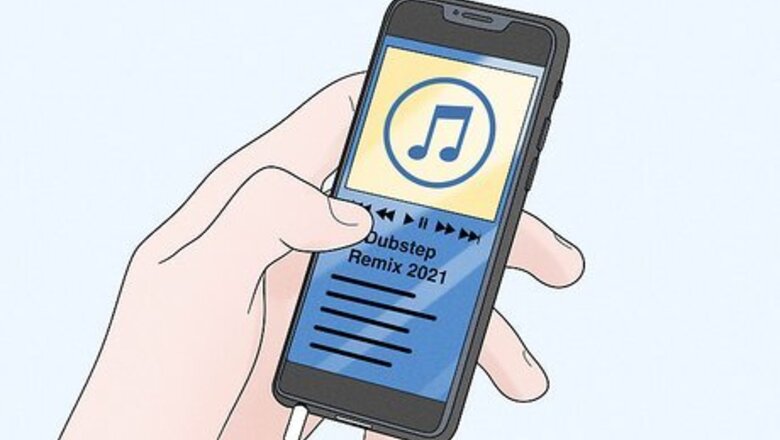
views
X
Research source
Fortunately, when you start to doze off, there are plenty of methods to stay awake other than guzzling unhealthy energy drinks! From preparation strategies to tips for counteracting sleepiness, we’ve compiled the best ways to keep you energized after the sun goes down.
Turn on upbeat music.
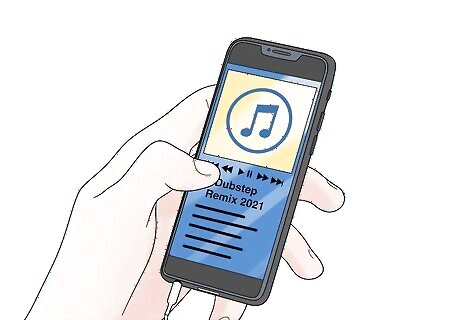
Pick louder, faster tunes. When you listen to exciting music, you can boost your adrenaline levels to help you stay awake. If you’re trying to concentrate on a mental task, opt for music without lyrics, like faster tempo classical symphonies which might even boost your focus. Avoid listening to soothing or slow music, which is proven to make you sleepier.
Get up and move around.
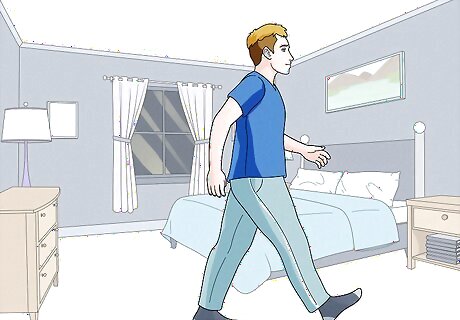
Exercise for 15-30 minutes to boost brainpower and alertness. You don’t have to take a spin class or do a high-intensity workout to get the benefits of exercise. If you're starting to get tired, try climbing the stairs or going for a walk. As long as you’re exercising to the point where you’re breathing hard but can still carry a conversation, you’ll get an energy boost.
Eat a healthy snack.

Keep your blood sugar levels up to prevent grogginess. You especially want to eat snacks that will give you more energy to burn for a longer period of time. Choose a snack that’s high in protein (like a serving of chicken or yogurt) and healthy fats (like an avocado or serving of peanut butter). Avoid sugar when choosing your snack. If you eat sugary food, you’ll get an immediate burst of energy, but it’ll wear off very quickly, leaving you fatigued.
Give your eyes a break from your computer screen.
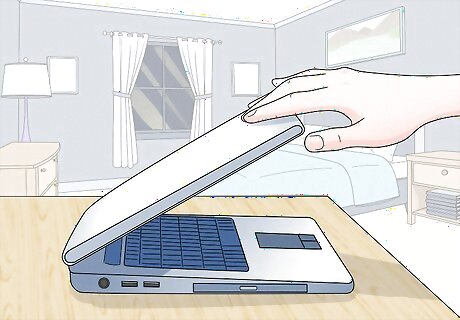
Use the 20-20-20 rule to reduce eyestrain. Since eyestrain can make you drowsy and lower your focus, every 20 minutes, be sure to look at something 20 feet away for 20 seconds. Remember to blink when you’re working on a computer. You normally blink about 15 times per minute, but when you’re looking at screens, you might only blink 5-7 times per minute. As long as you pay attention to eyestrain, you don’t need to worry about electronic devices putting you to sleep. The blue light they emit actually signals to your body that it’s daytime.
Switch up your tasks to stay engaged.
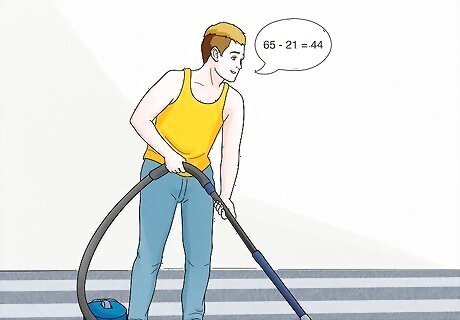
Repetitive work is proven to make you sleepier.Instead of doing the same task over and over, when feel yourself getting drowsy, pick a different type of work or a task that requires more focus. For example, instead of filling out flashcards for key terms, try and come up with a story to explain what all the terms mean. If you’re doing a manual task, like vacuuming, try to engage your brain. Subtract random numbers as fast as you can, or try listing as many items as you can think of in a category like “green foods.”
Make the room cold.
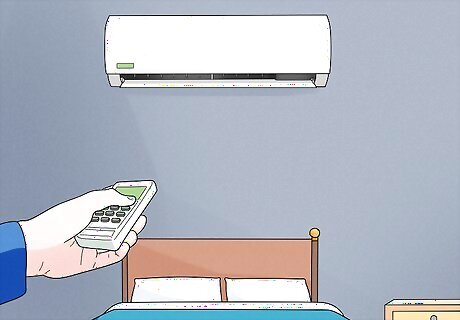
Turn on a fan in your room if you can, or open the windows. Your body prefers warmer temperatures for REM sleep, so if you’re comfortably warm and cozy, it'll be harder to stay awake. On average, most people sleep best between 60–67 °F (16–19 °C). Try making your room a temperature just below that range. If your environment is too warm and you can't cool it down enough, you can take a cold shower or stick your hands in cold water.
Drink something caffeinated.

For an energy boost, pick a drink containing 50-200 mg of caffeine. If you drink brewed coffee, you’ll get about 96 mg of caffeine per 8 fluid ounces (240 ml) and if you drink black tea, you’ll get about 47 mg of caffeine per 8 fluid ounces (240 ml). Start on the lower end of the dosage scale if you’re not a habitual coffee drinker. If you drink too much caffeine, you can end up with diarrhea, sweating, and nausea. Once you drink a caffeinated drink, you’ll likely feel the effects in about 45 minutes. As long as you’re not experiencing bad side effects, drink a cup of coffee every few hours to keep awake and energized. After 3-5 hours, you'll probably only feel about half the caffeine's effect. Steer clear of energy drinks, especially if you’re a kid or teen. When you drink energy drinks, you ingest 200-500 mg of caffeine, which can give you elevated blood pressure, anxiety, and even metabolic and cardiac problems if you consume these drinks regularly.
Pair up with a friend for your all-nighter.

Stimulate your brain by talking to someone else. If you’re able to buddy up with a friend at school to study, phone a family member while on a long drive, or check in with a night shift work colleague, you can keep your brain engaged. Pick a complex topic to discuss like politics or current events to make your brain work. As an added bonus, you and your friend can hold each other accountable for staying on track with tasks and for staying safe.
Take a nap during the day.
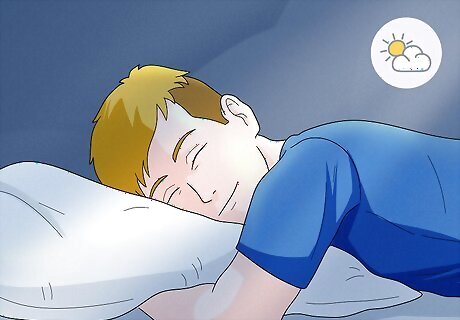
Nap for between 5 and 25 minutes. Try to nap 6 or 7 hours before your usual bedtime so that you have time to wake up and re-energize after the nap. Make sure you pick a quiet, dark napping place to get the most restful sleep. Don’t nap over 25 minutes, or you may experience a phenomenon called sleep inertia. That’s when you get into a deeper sleep and feel groggy when you wake up.
Spend time in the sun or bright light.
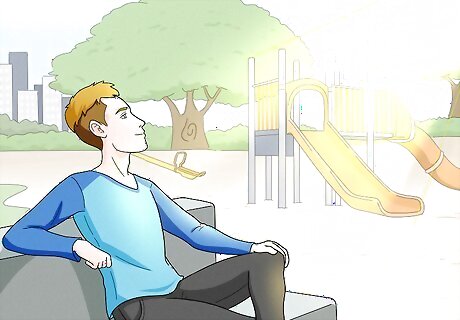
Spend at least 30 minutes outside while the sun’s up. When you expose your eyes to light stimulation, it can help you feel more alert. If it’s already night, make sure your workstation is brightly lit.
Drink lots of water during the day.
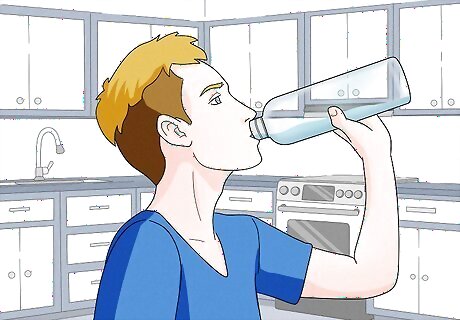
If you’re dehydrated, you’ll be drowsy! Sip on water often to keep your grogginess at bay. Spread out your hydration throughout the day so your body has time to absorb the liquids. You can drink caffeine without worrying about dehydration, but avoid alcohol if you’re looking to hydrate.











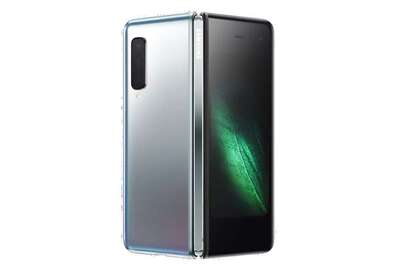



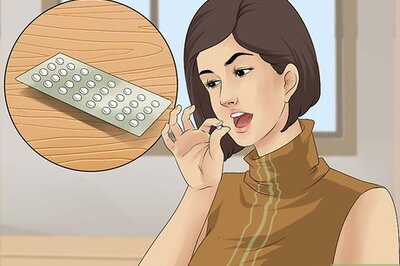


Comments
0 comment